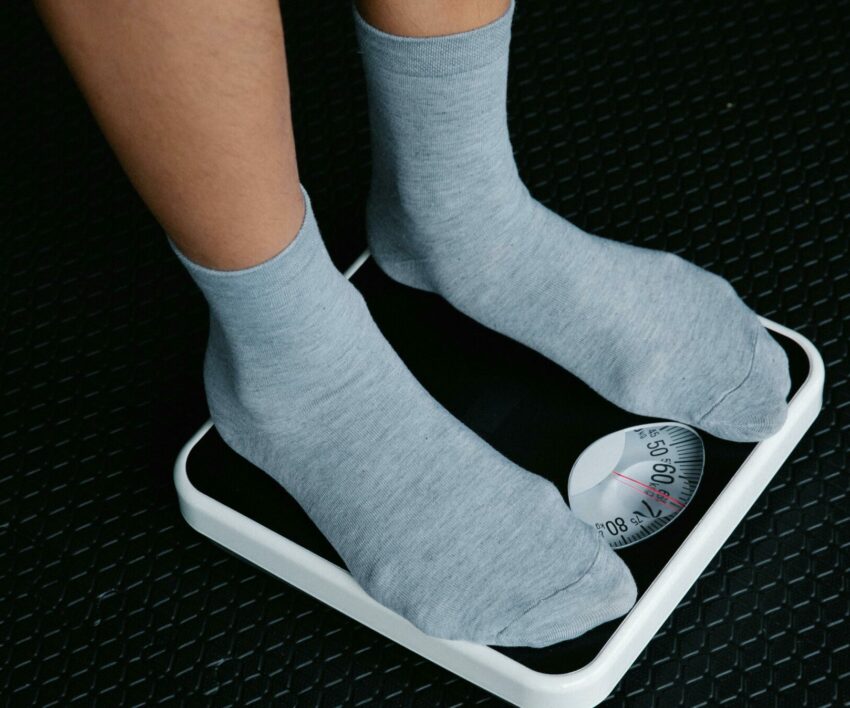
For years we have been taught to look at BMI (Body Mass Index) as a signifier of our state of health. Simply take your weight in kgs and divide it by your height in meters and voila… You have your estimated body fat. Just one simple number telling you whether you are underweight, normal, overweight or obese.
The problem with this theory is that it completely ignores factors such as muscle mass, bone density and even water content which can add to someone’s weight in kg. Since it’s 2024, more doctors are willing to take a more holistic approach to health and they are willing to interrogate the nuances of health instead.
In recent years, women’s access to training has increased with the representation of differently-sized bodies on the rise. Sports domains for women have also opened up immensely with women athletes at the centre of world sports stages like the Olympics, and even in SA with the success of Banyana Banyana and the Springbok Women’s team who have won 2 out of the 3 games they’ve played this season so far.
With our understanding of health expanding, here’s a guide to help you understand body composition.
What is body composition?
“Think of your body composition as painting a clear picture and better understanding of the number you see on a traditional scale. It takes into account not only your body fat but also your lean muscle mass and even your bone mass and water composition,” explains Peloton Tread instructor and keynote speaker Marcel Dinkins.
“Instead of losing weight, focus on body composition”
With BMI at the centre of health and wellness assessments, many doctors’ advice in the past was to encourage women to lose weight. Today, medical experts are advising us to focus on body recomposition instead.
Medical research today suggests that we should focus on building muscle. If the goal is to lose weight, building muscle can help your body burn fat faster. More importantly, research has proven that building muscle contributes to longevity, and as you get older, more muscle will help you stay mobile even in your old age. Older people tend to suffer from broken bones and fractures, but with more muscle mass you have, your bones will be protected, preventing broken bones and fractures in the latter part of our lives. Gone are the days when old means fragile if you focus on building more muscle!
It’s time to retire the outdated notion that one number can define your health. The future lies in understanding the full picture – your body composition. Focusing on building muscle and promoting body recomposition not only helps you look and feel better but also sets you up for long-term health and strength. As we continue to evolve our understanding of health, let’s embrace this more holistic, nuanced approach. You deserve to be empowered by a definition of health that celebrates your unique body, its capabilities, and your well-being for years to come.
Compiled by: Marian Volkwyn
First published by Woman&home
Also see: What your BMI is telling you




